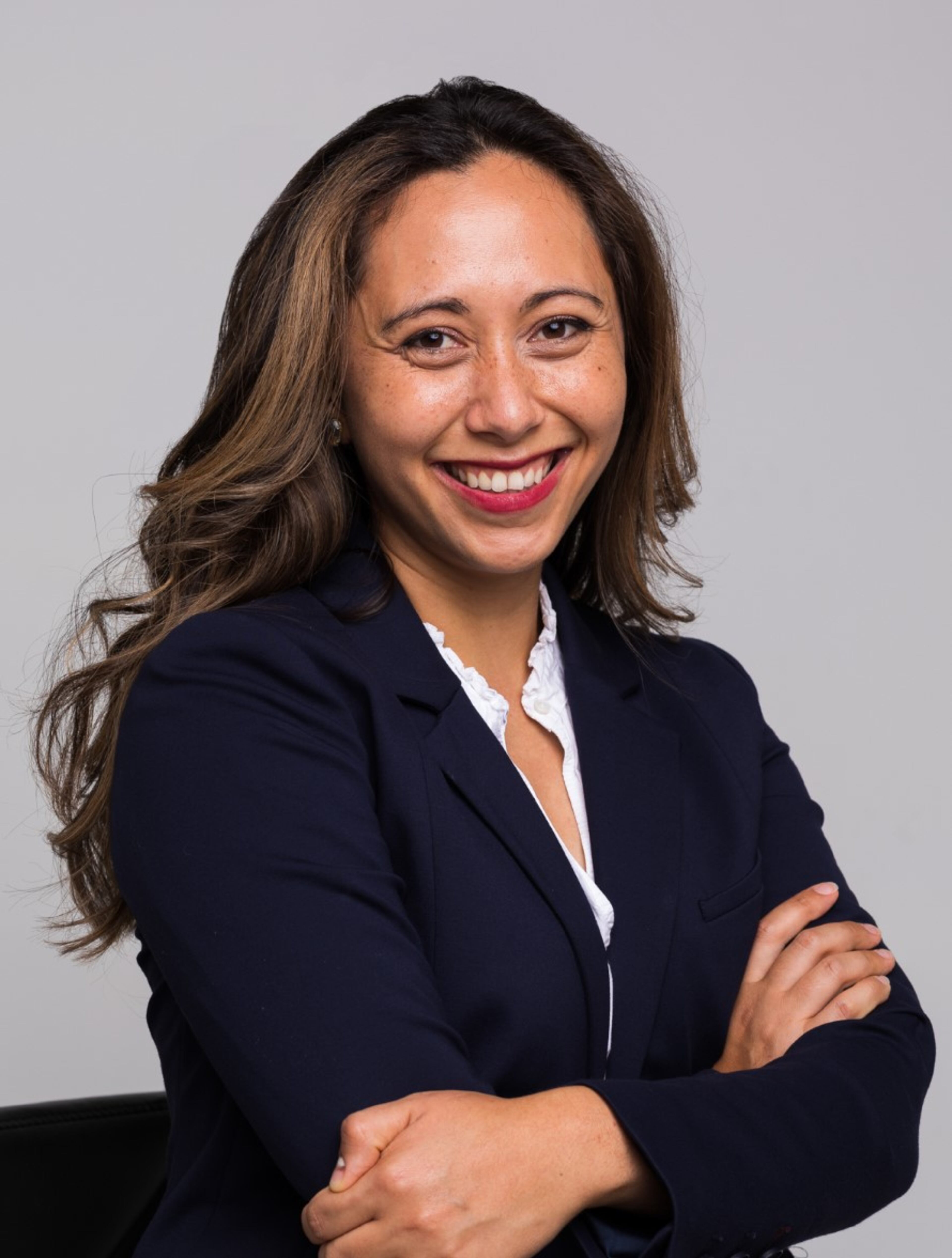Opinion: Diversity is not a bad word

Mikayla Arciaga is the Georgia advocacy director and education policy fellows coordinator for the Intercultural Development Research Association (IDRA), a nonprofit whose mission is to achieve equal educational opportunity for every child through strong public schools that prepare all students to access and succeed in college.
In this guest column, Arciaga raises her concerns about the Georgia Professional Standards Commission’s suggested rule changes that would strike out definitions of “diverse” and “diversity,” as well as erase examples of individual and group differences such as race, sexual orientation and gender identity. The commission is scheduled to meet Thursday.
By Mikayla Arciaga
If you ask any adult who their favorite teacher was, they’ll likely answer right away, because we know that an excellent teacher can have a significant and lasting impact on our lives. That’s why it’s deeply concerning that the Georgia Professional Standards Commission (GaPSC), which certifies all teachers, librarians, administrators and counselors in the state, has removed all mention of the words “diversity,” “equity” and “inclusion” (DEI) from their proposed rules and Fall 2023 standards for educator preparation programs.
These rules are critical because they inform the training and professional resources for all educators in Georgia. These changes are in stark contrast to those approved in 2022, which explicitly emphasized DEI-focused recruitment and development for educators. If we allow these changes to stand, they will harm our students, educators and communities.
The removal of DEI from Georgia’s educator preparation programs would echo efforts in other states to stigmatize inclusion initiatives in schools, but diversity, equity and inclusion are not bad words. They are values that have been shown to improve school and classroom culture. The definition of diversity that the commission is trying to erase includes individual differences (e.g., personality, interests, learning modalities, and life experiences) and group differences (e.g., race, ethnicity, ability, gender, sexual orientation, language, religion, and socioeconomic background).
Removing this definition would make it easier to exclude children who may be different from their peers from receiving the education they deserve. Inclusive school environments equip students to learn from others with different experiences and perspectives, which broadens their understanding of the world, promotes empathy and respect for others, and leads to increased academic success and better overall outcomes.

As a teacher, I used DEI regularly in my classroom. DEI meant encouraging all my students — especially my girls — to take advanced math classes. DEI looked like meeting my parents where they are, creating ways to communicate that were flexible to their needs. DEI looked like using a font that is easier to read for my dyslexic students or alternative seating for my ADHD students. DEI looked like creating space for my students to observe and share their religious practices with their friends.
It is important to note that my classroom did not start out looking like this. I received dedicated training to recognize the individual differences each student brought to our classroom and create a classroom that highlighted those differences as strengths. It was an intentional investment to promote a sense of belonging for all my students because students who feel included and valued are more likely to engage with their classes.
This was crucial for me as a teacher, especially as a math teacher. Many of my students had negative associations with math, which meant that one of the first obstacles we had to tackle was often their own preconceptions about our class. Creating a safe space for my students to share their experiences and learn started by acknowledging the unique perspectives they brought into the room.
These environments aren’t just for our students. At a time when teachers are reporting more burnout than ever, we must do all we can to ensure a more positive work environment for all teachers. When teachers feel valued and supported, they are more likely to stay in the profession, reducing teacher turnover rates and ensuring that students have consistent access to high-quality educators.
GaPSC has proposed changes that would not just negatively impact teachers’ development, but also the development of our administrators, librarians and school counselors who play major roles in school culture. The idea that every child deserves to feel safe and welcome in their school should not be controversial.
The GaPSC’s retreat from a commitment to diversity, equity and inclusion in educator preparation programs is a step backward that will have negative consequences for our students, our educators and our communities. We must recognize the benefits of promoting belonging for all students, creating inclusive school environments and supporting our educators in their efforts to provide excellent instruction for each child.
Diversity, equity and inclusion training for our educators creates the best opportunities for our students, and it is our responsibility to ensure that we provide them with the tools and support to feel empowered in their work. We cannot afford to let these critical values be erased or forgotten; we must continue to prioritize DEI-focused work in education.

